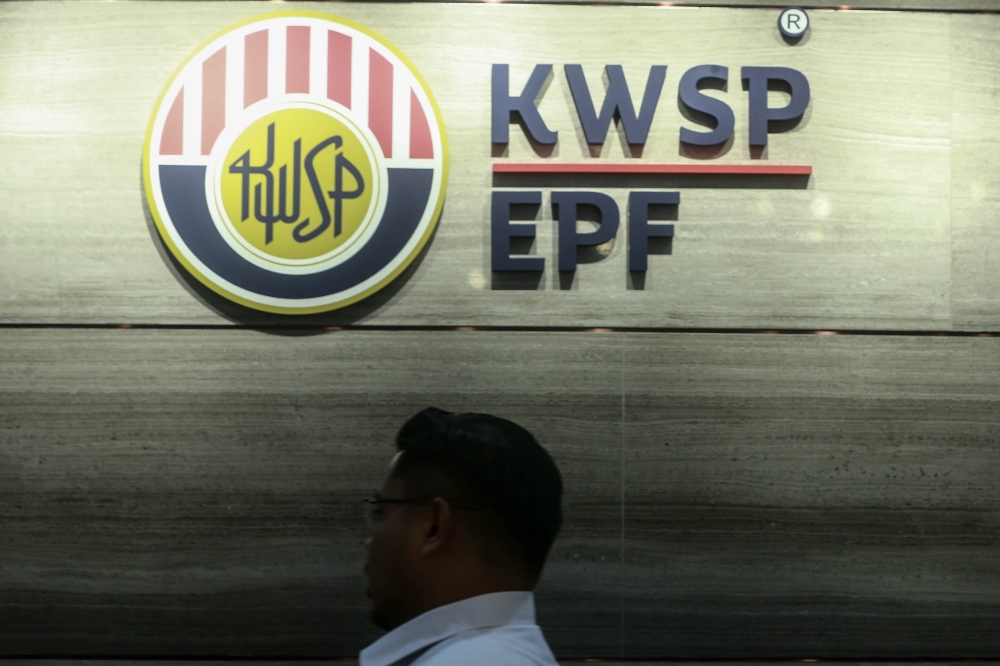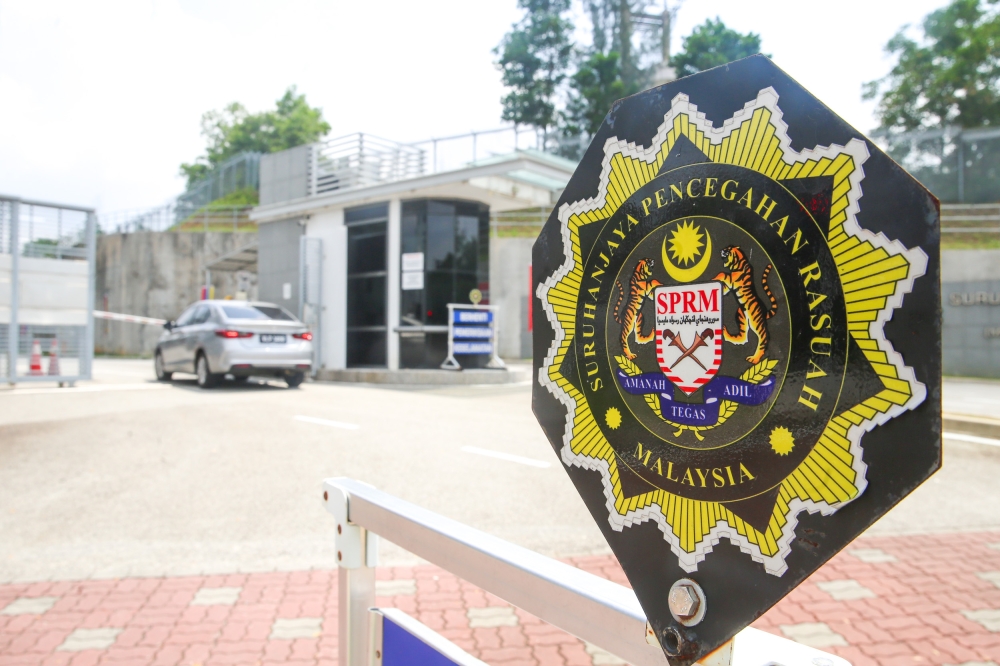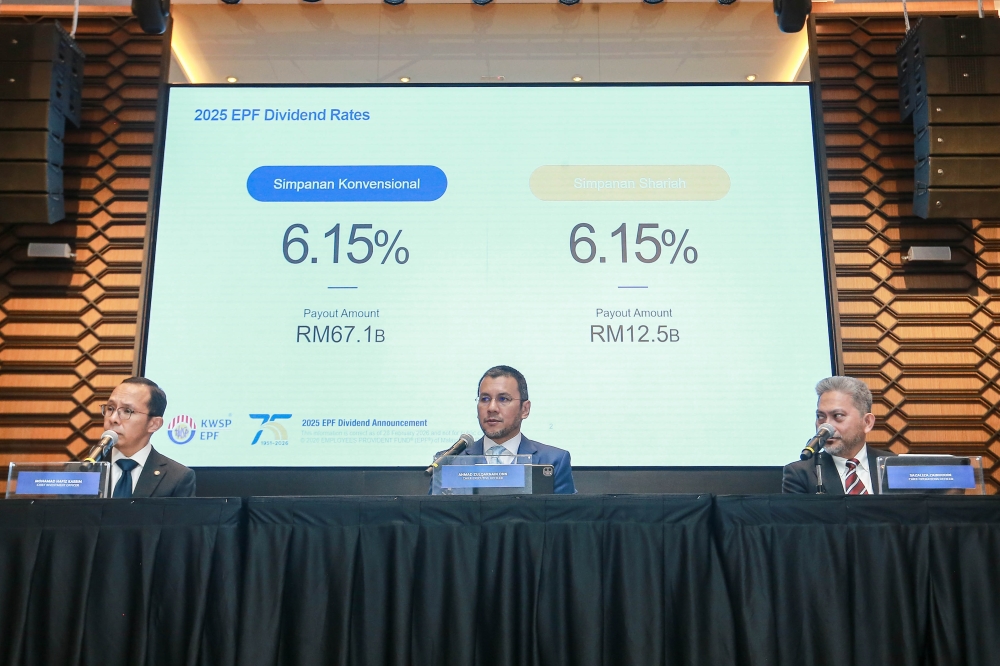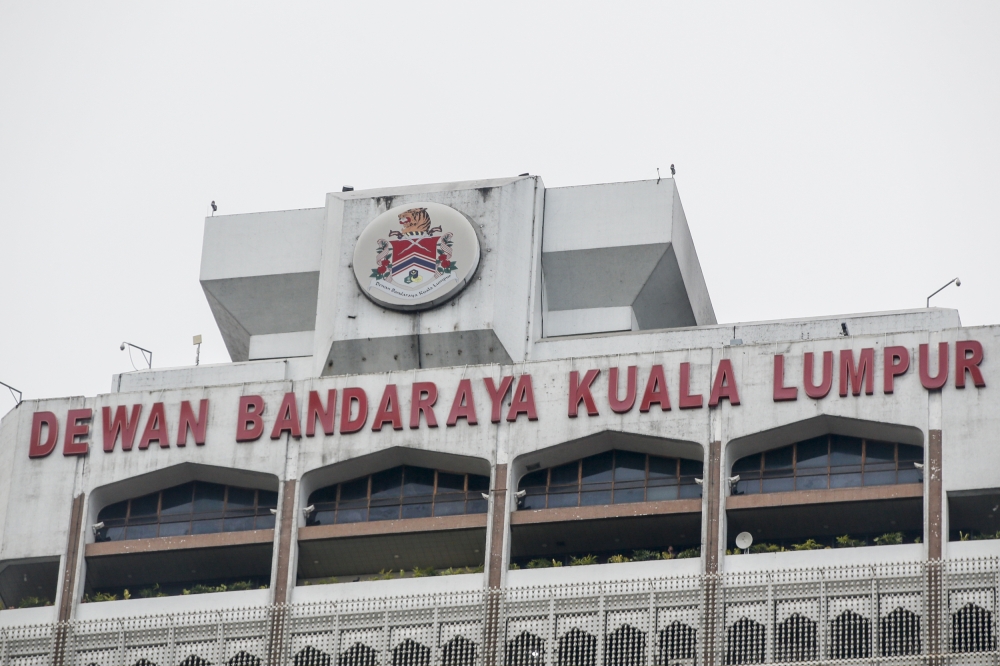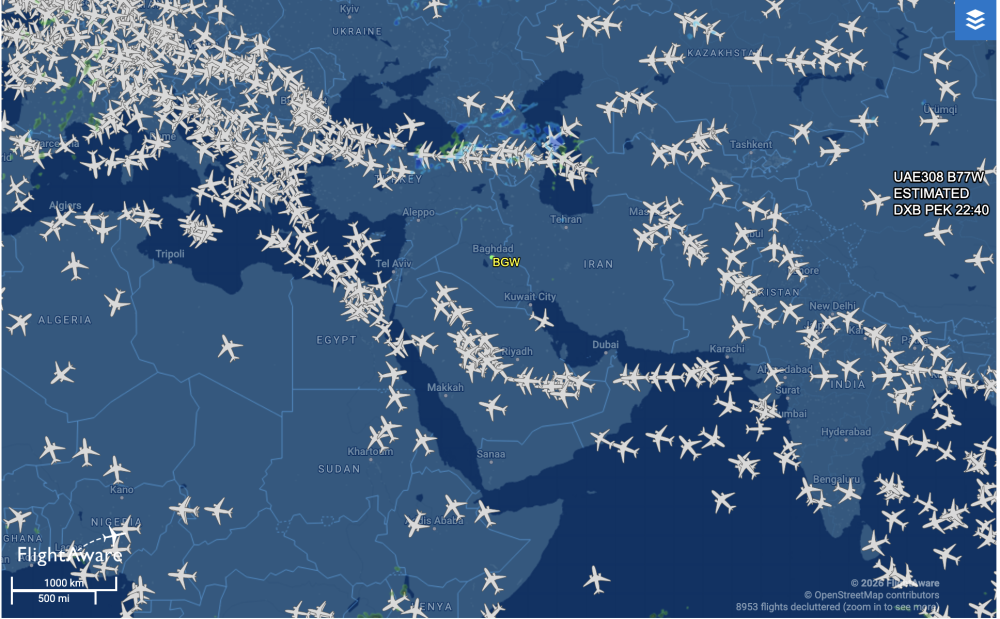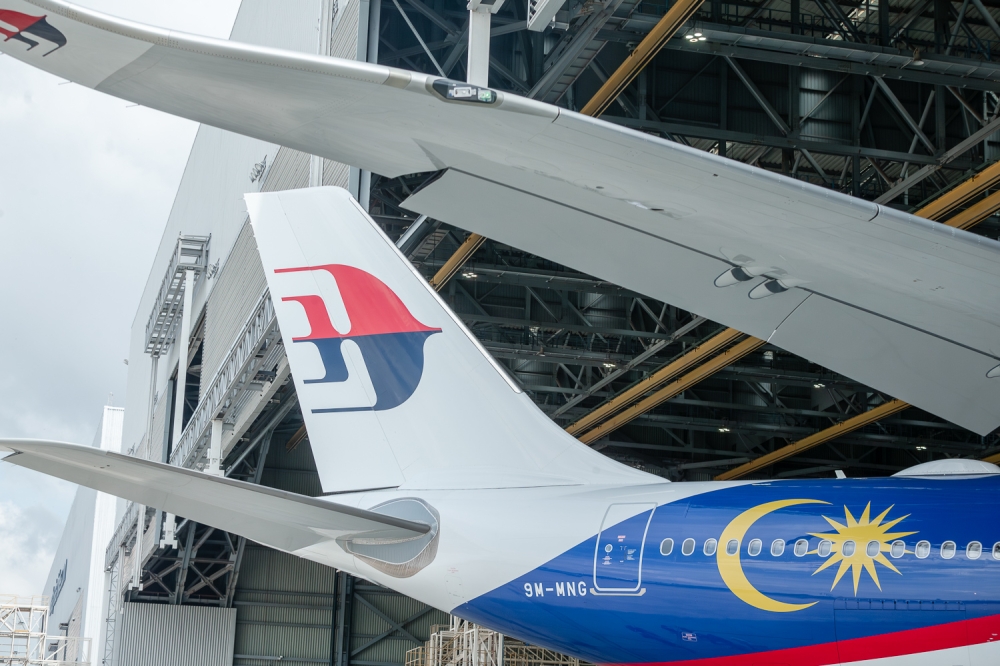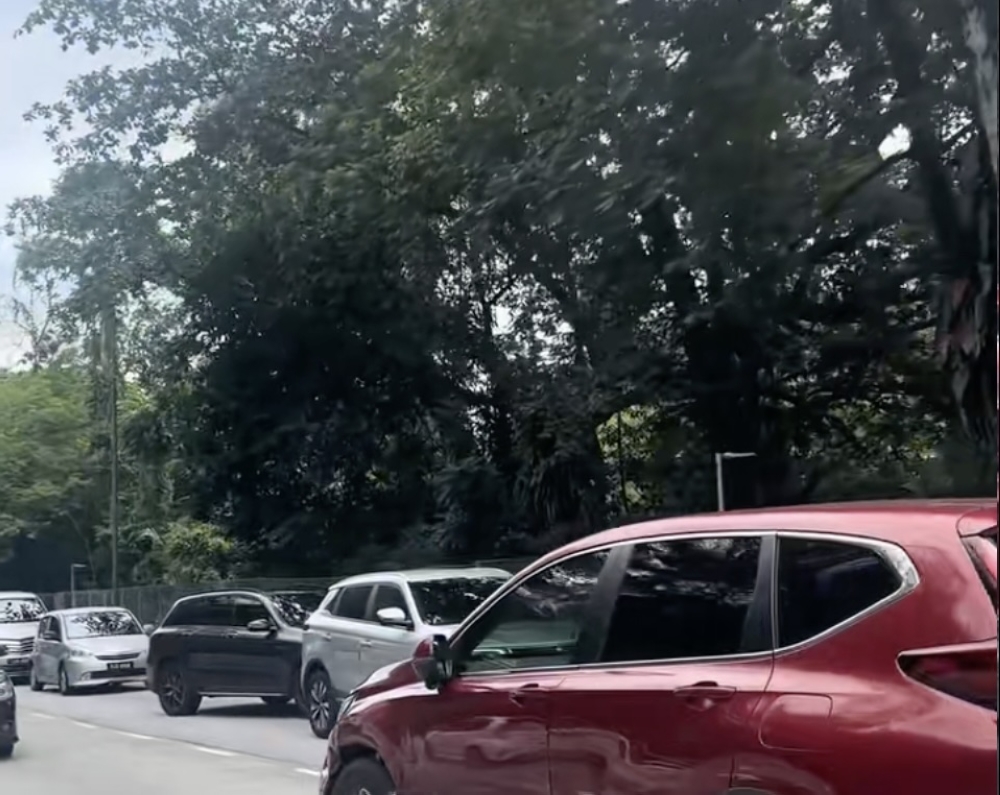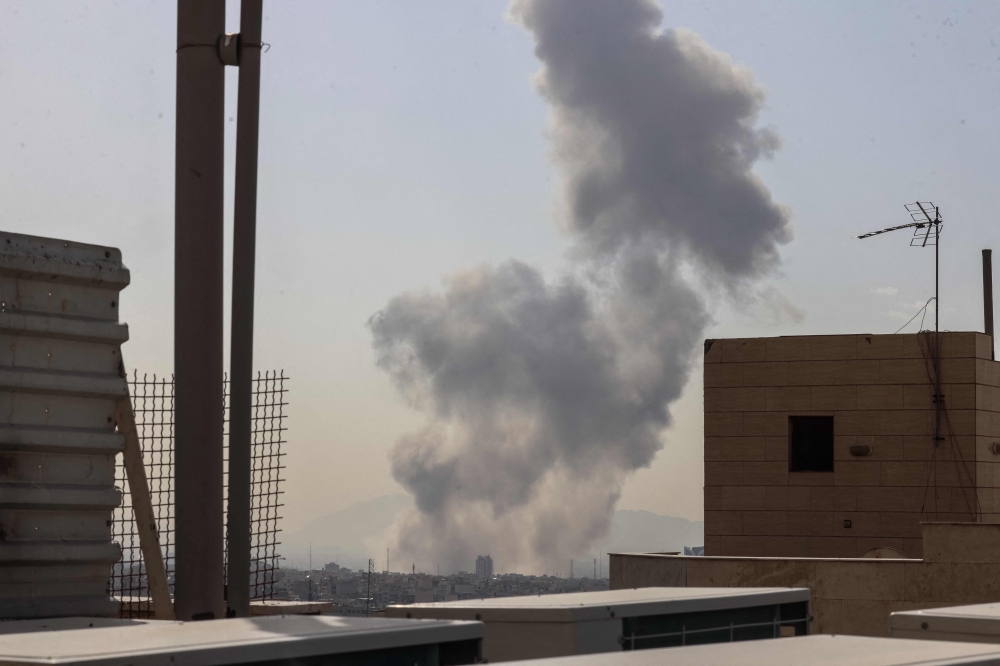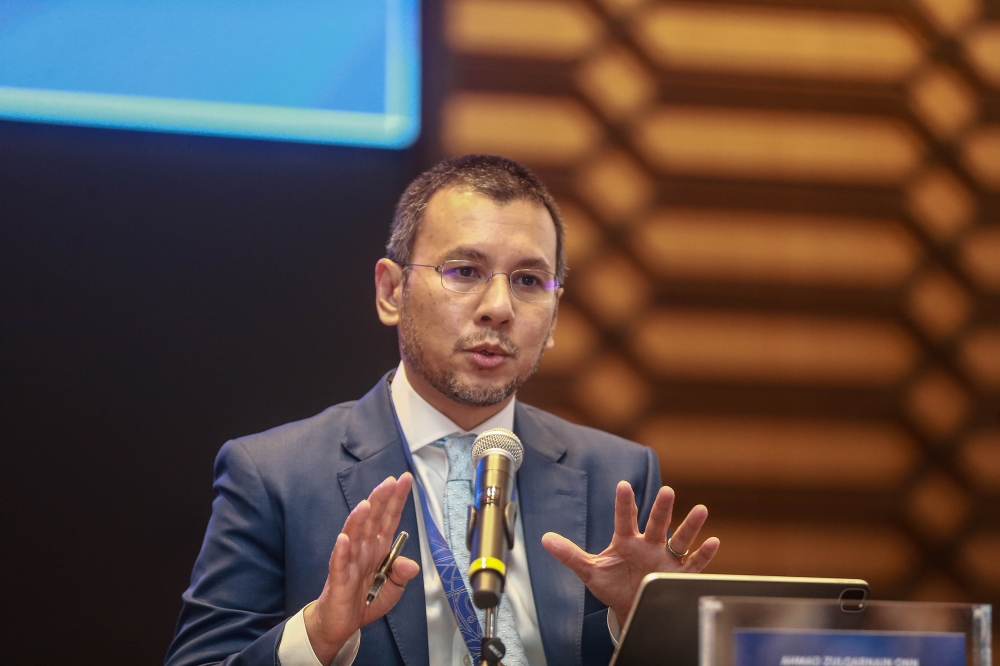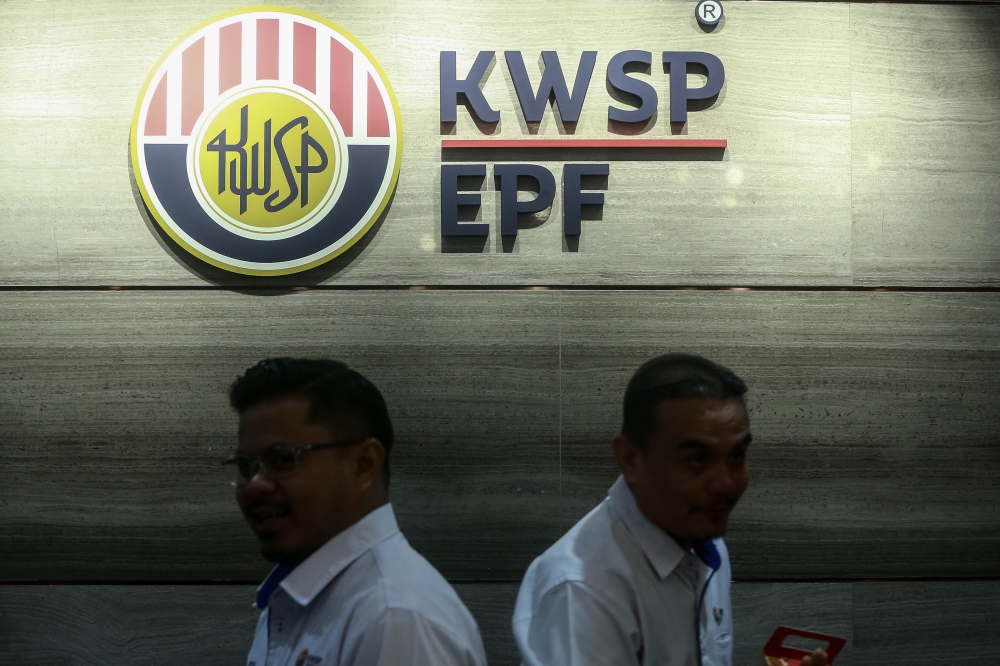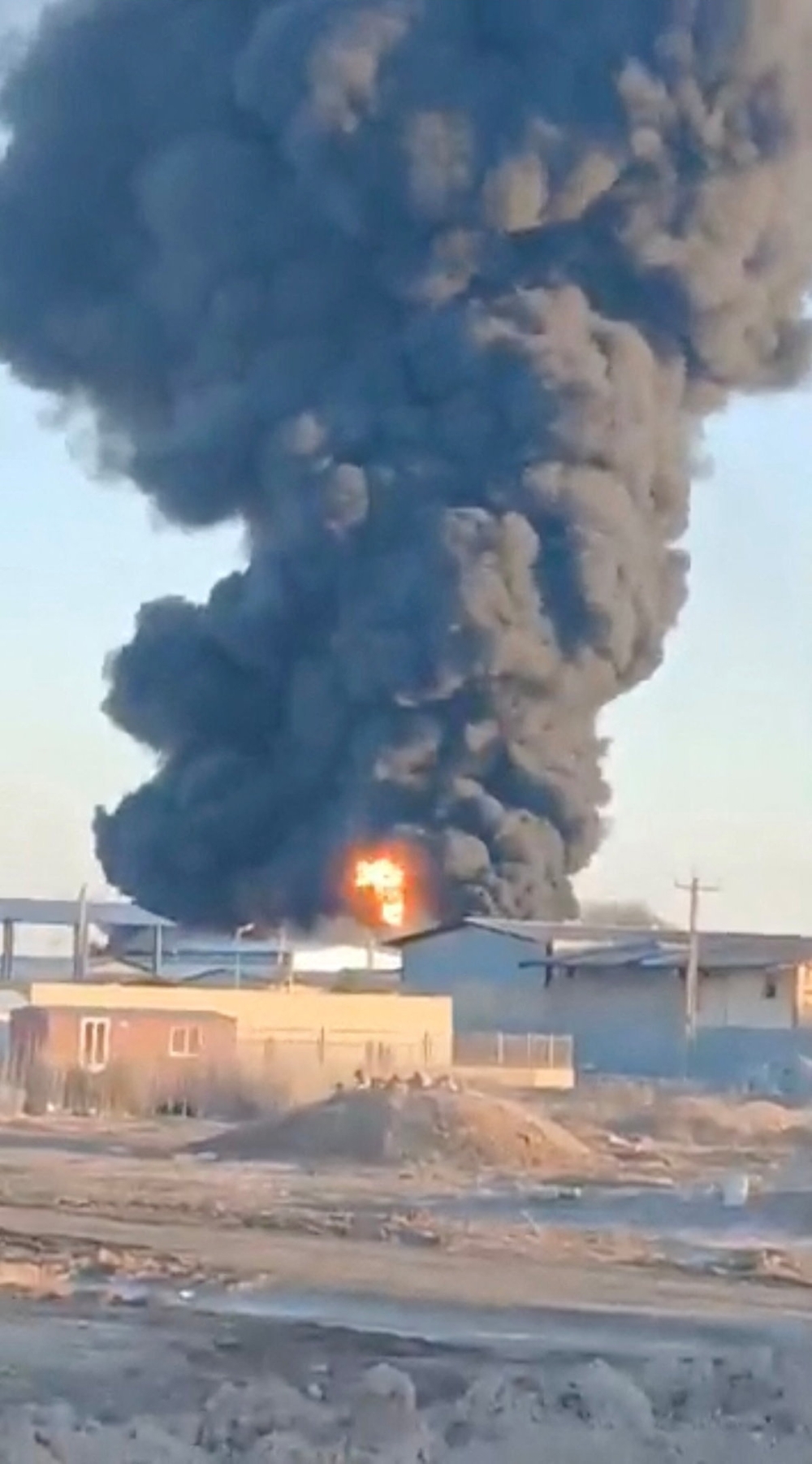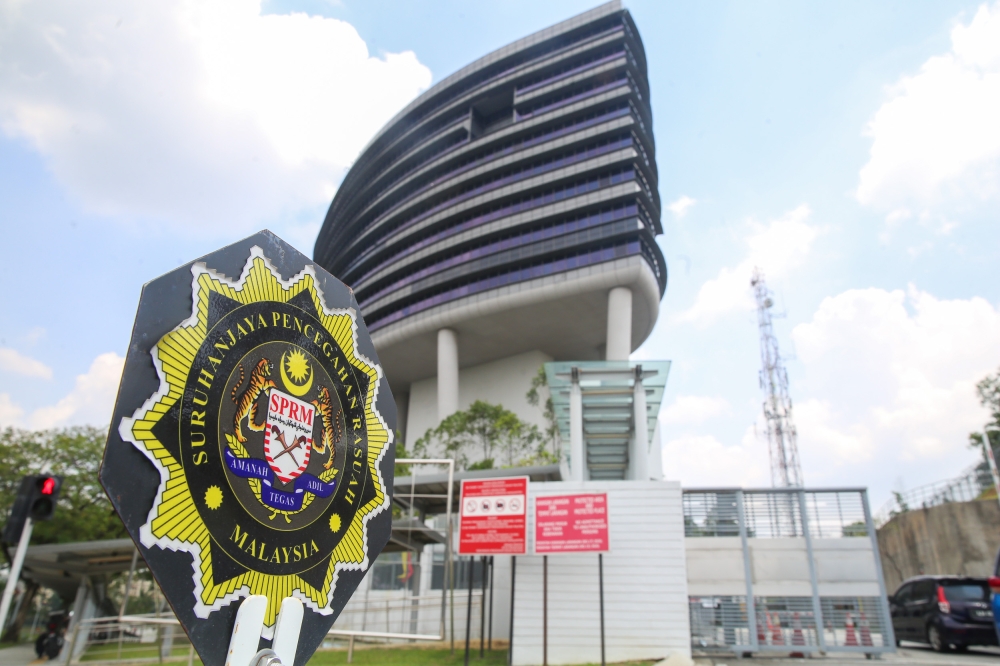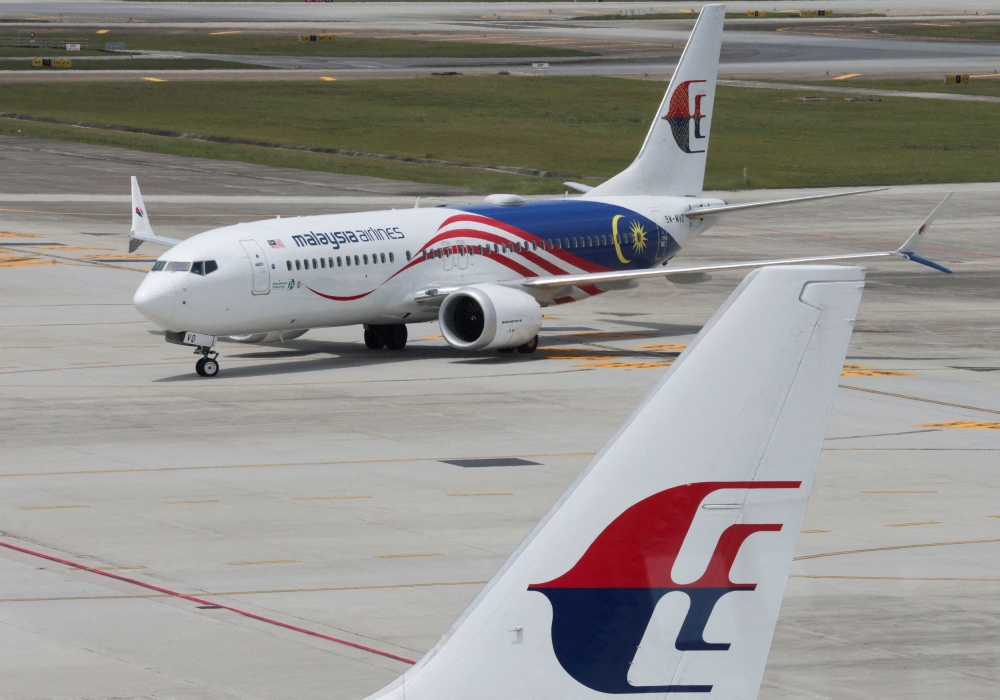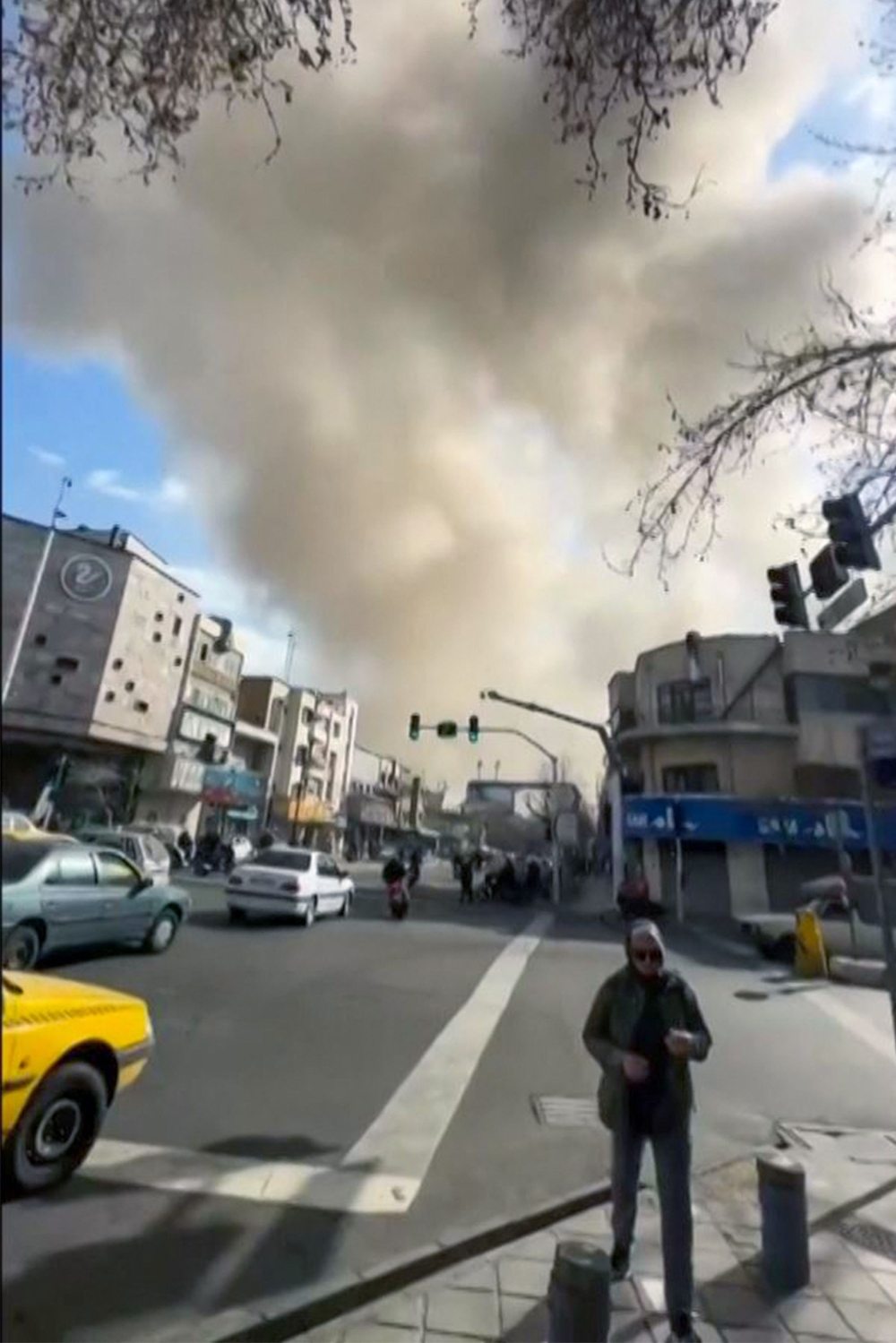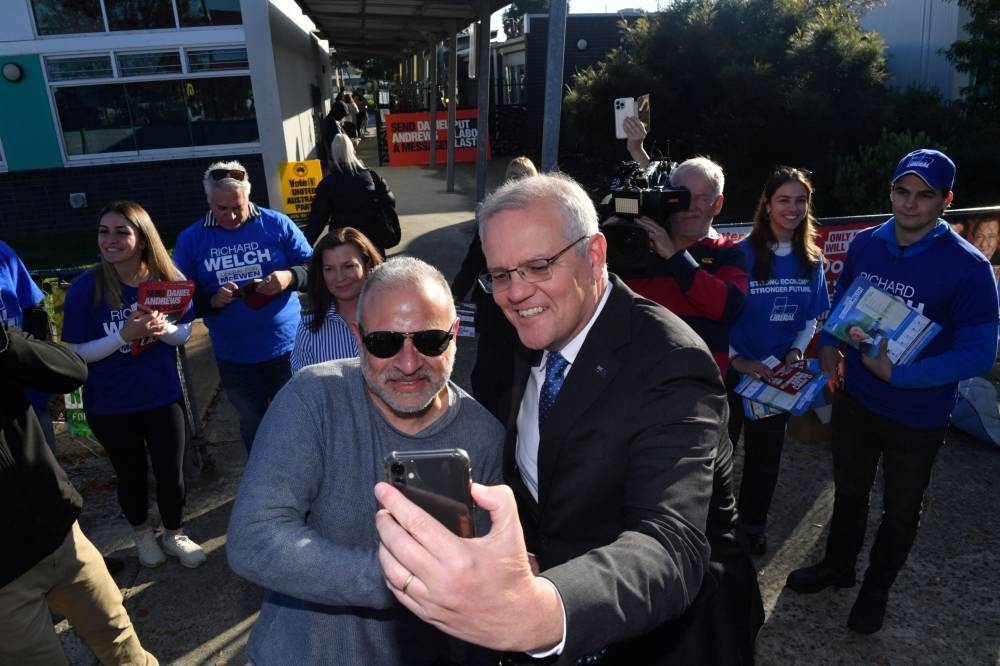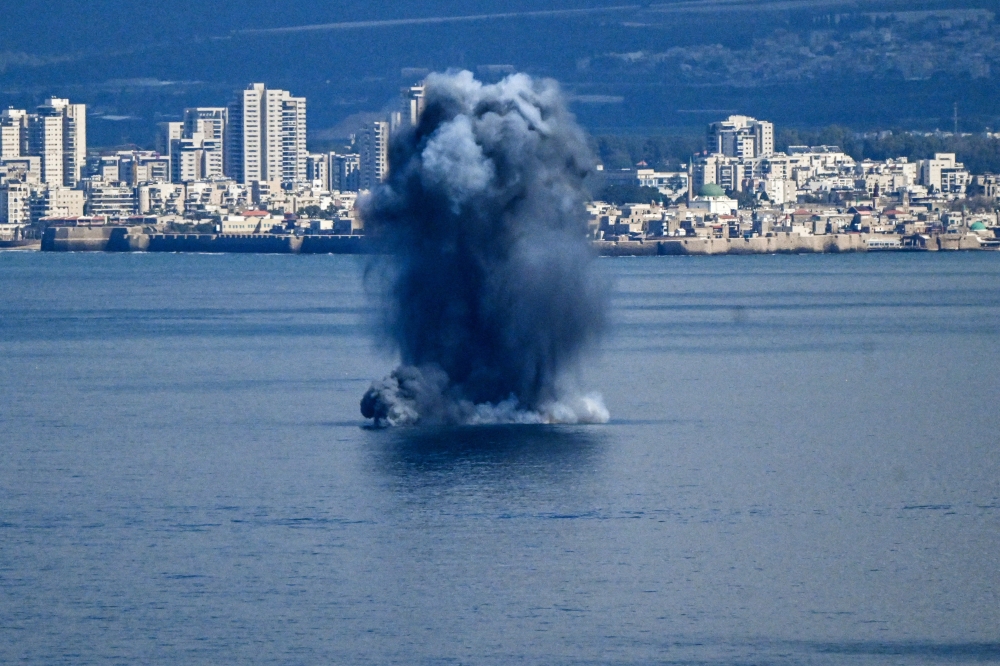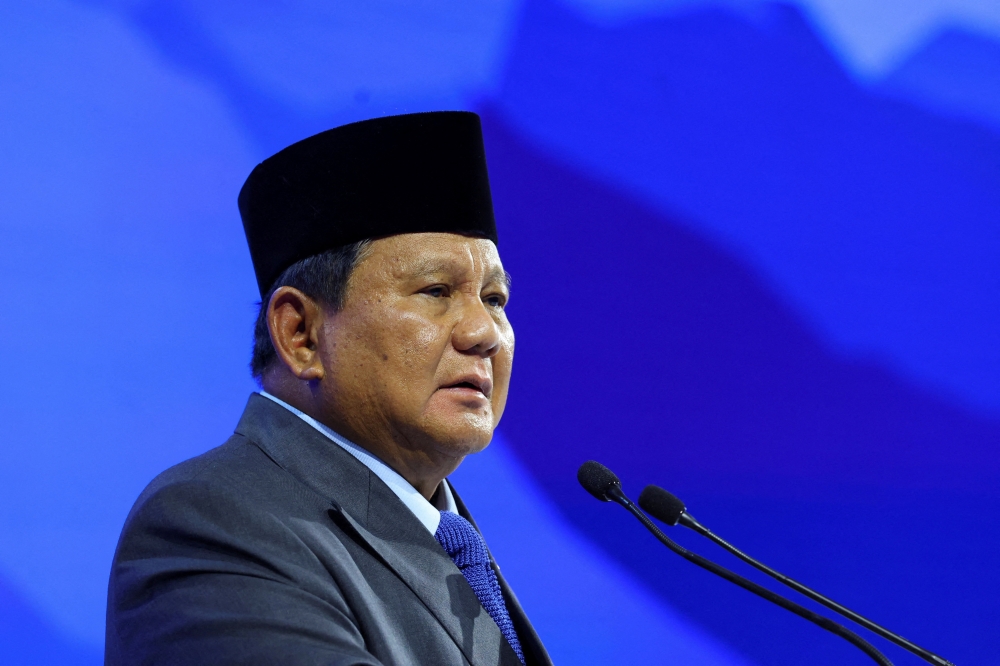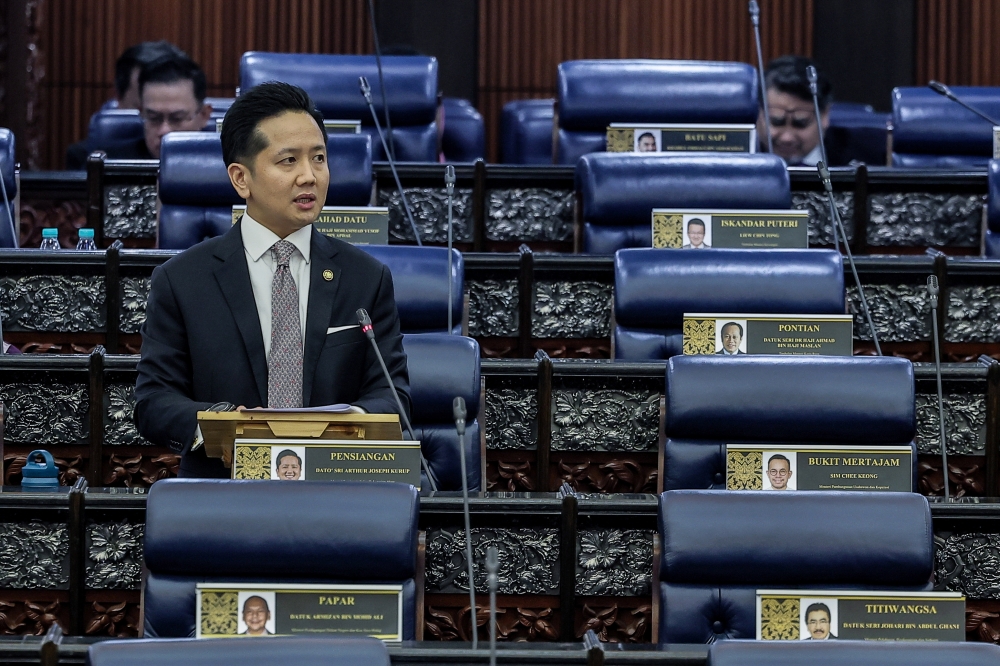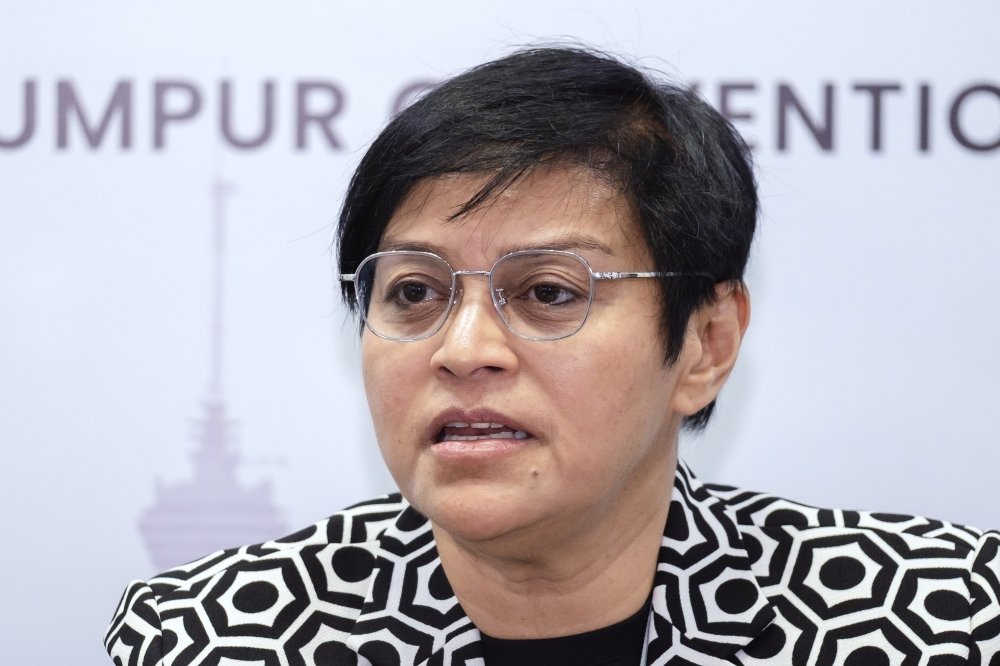SYDNEY, May 21 ― Voting in Australia’s general election ended on Saturday with early returns showing both Prime Minister Scott Morrison’s conservative coalition and the Labour opposition losing ground to smaller parties and climate-focussed independents.
The struggles of the two major parties, amid growing voter dissatisfaction over policies, candidate selection and integrity, raised the prospect of a hung parliament and period of uncertainty while a record number of postal votes are counted.
Centre-left Labour had held a decent lead in opinion polls after nine years in opposition, although recent polls showed the Liberal-National government narrowing the gap in the final stretch of a six-week campaign.
A Newspoll survey by The Australian newspaper out on election day showed Labor’s lead over the ruling coalition dipping a point to 53-47 on a two-party-preferred basis, where votes for unsuccessful candidates are redistributed to the top two contenders.
Morrison and opposition leader Anthony Albanese cast their votes in Sydney after making whistle-stop tours across marginal seats in the final two days of a campaign dominated by rising living costs, climate change and integrity.
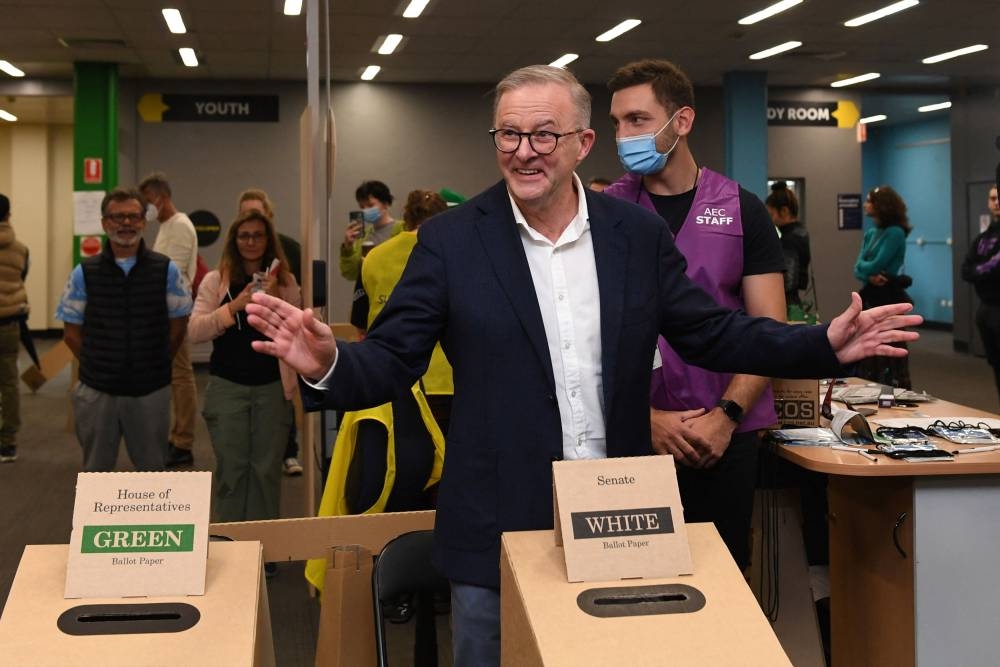
“Today, Australians are making a big choice about their future,” Morrison told reporters outside a voting centre. “Australia needs someone who knows how to manage money, knows how to deal with national security interests, knows how to move forward and secure that strong economy.”
Albanese said Australians want a change of government, which he said had nothing to be proud of.
“I’ve put us in a position where at worst we’re competitive today. We’re in the hunt here,” Albanese said about his chances at the polls.
“In the fourth quarter, I want to kick with the wind at my back, and I believe we have the wind at our back,” he said in a reference to Australian Rules football, one of the country’s most popular sports.
As Labor focussed on spiking inflation and sluggish wage growth, Morrison made the country’s lowest unemployment in almost half a century the centrepiece of his campaign’s final hours.
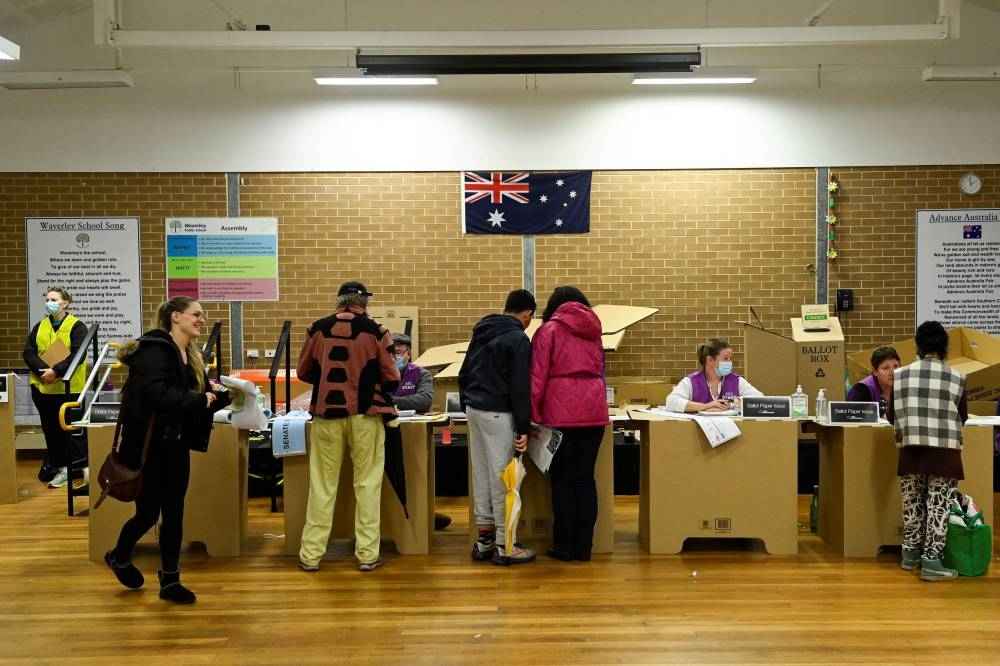
Independent’s Influence
While the economy is a key issue, several “teal independents” are challenging a number of affluent Liberal-held seats, campaigning for action on climate change after some of the worst floods and fires to hit Australia.
Three volunteers working for teal independent Monique Ryan, who is running against Treasurer Josh Frydenberg in the long-held Liberal seat of Kooyong in Melbourne, said they joined Ryan’s campaign because they are concerned about the climate for the sake of their children or grandchildren.
“For me, it’s like this election actually feels hopeful,” Charlotte Forwood, a working mother of three adult children, told Reuters.
Early returns suggested the Greens had also made ground, especially in some urban centres, while billionaire Clive Palmer’s United Australia Party and Pauline Hanson’s right-wing One Nation also looked to have gained votes at the expense of both major parties.
In the outgoing parliament, the Liberal-National coalition held 76 of the 151 lower house seats, while Labour held 68, with seven minor party and independent members.
Voting is compulsory and more than half of votes had been cast by Friday evening, with a record 8 million early in-person and postal votes, the Australian Electoral Commission said.
The commission has flagged that a clear winner might not immediately emerge if it is a close contest, due to the time required to count about 3 million postal votes. ― Reuters

